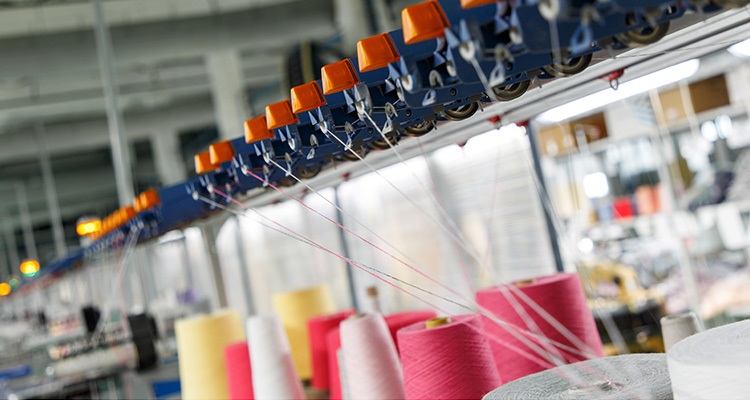Thread plays a big role in many industries. It is not just for sewing clothes at home. Industrial thread is used to make all sorts of things, from car seats to tents. When companies are buying thread for these purposes, they need to consider certain qualities to make sure they are getting the best product for their needs. Let us examine four important qualities that companies should look for when purchasing industrial thread.
Table of Contents
1. Strength and Durability for Long-Lasting Products
Envision a company that manufactures heavy-duty backpacks. The thread used to stitch the straps and seams needs to be incredibly strong so that it does not break even when the backpack is fully loaded and under stress. Strength and durability are key qualities for industrial thread. If the thread is weak, the final product could fall apart easily, leading to unhappy customers and potential safety issues. For example, thread used in airbags in cars must be exceptionally strong to withstand the force of deployment. Companies often look for thread made from materials such as nylon or polyester because these fibers are known for their high tensile strength, which means they can resist being pulled apart. Testing certifications from manufacturers can often provide data on the strength and expected lifespan of their threads.
2. Consistency in Thickness for Smooth Operation
Think about sewing with thread that constantly changes thickness; it would be very frustrating and would likely cause problems with the sewing machine. Consistency in thickness is another important quality for industrial thread. If the thread’s thickness varies along its length, it can lead to uneven stitches, thread breaks, and machine malfunctions in industrial sewing machines that operate at high speeds. Companies need thread that has a uniform diameter to ensure smooth and efficient production. Manufacturers often have strict quality control processes to ensure consistent thread thickness. For instance, a company that produces seat belts needs thread with consistent thickness to ensure that the automated sewing machines operate without interruption and that the stitches are uniform and strong throughout the entire length of the belt.
3. Resistance to Harsh Conditions for Product Longevity
Many industrial products are used outdoors or in environments where they are exposed to harsh conditions such as sunlight, moisture, and chemicals. Therefore, resistance to these elements is a crucial quality for industrial thread. Thread that fades or deteriorates quickly when exposed to ultraviolet (UV) rays from the sun or that weakens when it gets wet will compromise the integrity of the final product. For example, thread used in outdoor furniture or boat covers needs to be UV resistant and water resistant to ensure that the stitching holds up over time despite exposure to the elements. Companies often look for threads that are specifically treated or made from materials that offer good resistance to these conditions, such as certain types of treated polyester threads.
4. Colorfastness to Maintain Appearance
While strength and durability are essential for the functionality of a product, its appearance also matters. Colorfastness, which is the ability of the thread to retain its color over time and when exposed to different conditions, is an important quality for many industrial applications. Imagine a company that makes flags; the thread used to stitch the different colored panels together should not fade or bleed, even after prolonged exposure to sunlight and rain. Poor colorfastness would result in a faded and unprofessional-looking product. Companies often look for threads that are dyed using processes that ensure high color retention. Testing standards exist to evaluate a thread’s colorfastness to light, washing, and rubbing, and manufacturers often provide this information.

